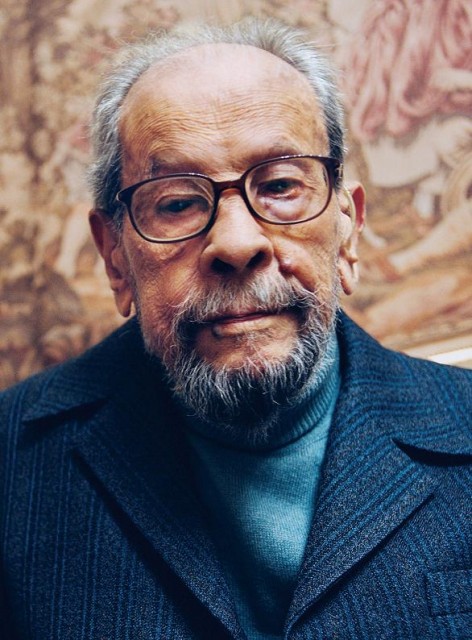Mahfouz, Naguib
1911–2006
Egyptian writer
Author of 40 novels and short story collections and more than 30 screenplays, Naguib Mahfouz received the Nobel Prize for literature in 1988. He was the first Arabic author to win that honor, which brought attention to his work and to modern Arabic fiction in general. During most of his writing career, Mahfouz also worked in the Egyptian civil service.
Born in Cairo, Mahfouz studied philosophy at Cairo University. In the 1930s he published many articles and short stories. His first novels dealt with ancient Egypt. After World War II, however, Mahfouz became interested in the political and social changes occurring in Egypt and soon began writing about modern life. His masterpiece, a set of three novels called Al-Thulathiyya or The Cairo Trilogy (1956–1957), tells the story of several Cairo families across three generations. Later works examine issues such as censorship, religion, politics, and the treatment of women.
The opinions Mahfouz expresses have prompted some Muslims to criticize his writing. In 1994 representatives of an Egyptian Islamic movement tried unsuccessfully to kidnap the author. Mahfouz suffered a severe neck injury in the attack, but he continues to write by dictating his work to others. (See also Literature.)
